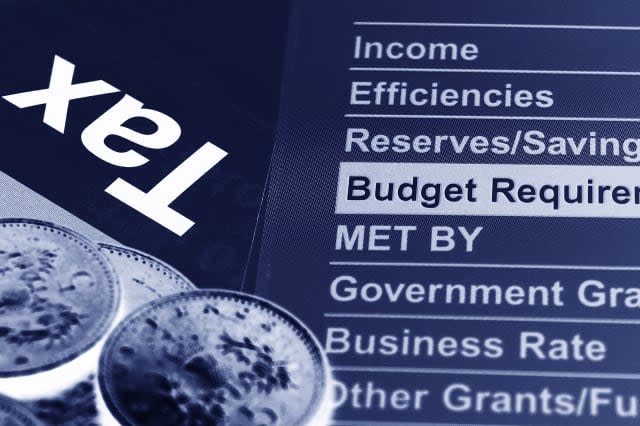How does tax evasion work?

The latest tax evasion scandal involving leaked documents relating to HSBC's Swiss accounts has thrown the issue of offshore banking back into the limelight.
But what does it all mean, and how do the schemes actually operate? Read our Q&A on tax evasion schemes to learn more:
What is the difference between tax avoidance and tax evasion?
Tax evasion is illegal and involves the dodging of paying taxes by not fully reporting all earnings and income.
Money can legitimately be held in offshore accounts, but this has to be declared to the HMRC.
Tax avoidance is legal, and is about finding legal ways to reduce taxable income by maximising tax deductions and tax credits.
What are non-doms and what benefits do they get?
Non-doms are people who are "non-domiciled" in the UK - because they have their permanent home elsewhere.
They can opt to only pay tax on income that is brought into the country, and pay no UK tax on their earnings or capital gains outside the country.
Acquiring non-dom status is a form of tax avoidance.
Why in this instance is keeping foreign accounts illegal?
The leaked files reveal that many non-doms have been hiding their money in HSBC's Swiss private bank.
This makes it possible for some individuals to avoid taxes on their wealth anywhere in the world.
But it is tax evasion - and therefore a criminal offence - in the UK because these accounts are not being declared to the HMRC.
"Swiss banks are much more secretive," explains Crawford Spence, who researches tax avoidance and is Professor of Accounting at Warwick Business School.
How does it work?
Owing to regulations dating back to the 1930s, Swiss banks are able to avoid disclosing who their clients are.
Using "hidden accounts" means that people can keep financial information from the tax authorities.
Professor Spence said: "Normally the HMRC would find out about these things because if you had to transfer the money back to the UK, they can trace it through accounts.
"Swiss banks set up ways that these things would not be traceable, like withdrawing money using foreign credit cards."
This would have the effect of the funds coming into the UK unmonitored. The hidden accounts are deliberately set up to hide information from the tax authorities, resulting in tax evasion.
How does it affect the taxpayer?
A lot of taxable income is not making it back to the UK, meaning that is not being made available to the exchequer to spend domestically.
Why hasn't non-dom status been scrapped?
The Government says non-dom status is supposed to benefit the UK by encouraging wealthy foreign investors to spend time in the country.
In December last year Chancellor George Osborne announced that non-doms who have lived in Britain for 12 of the last 14 years will have to pay a £60,000 annual levy, up from the previous £50,000.
And a new £90,000 rate was introduced for those resident for 17 of the past 20 years.
At the time Mr Osborne said: "I want to preserve the non-dom status that makes our country attractive, but I want them to pay a fair contribution while having certainty about their future arrangements."
The Treasury believes the move will raise around £100 million a year from 2016.

Read more on AOL Money
Miliband refuses to back down on Tory tax claims
How wealthy are already trying to avoid Mansion Tax
Pension changes: how to avoid a huge tax bill



